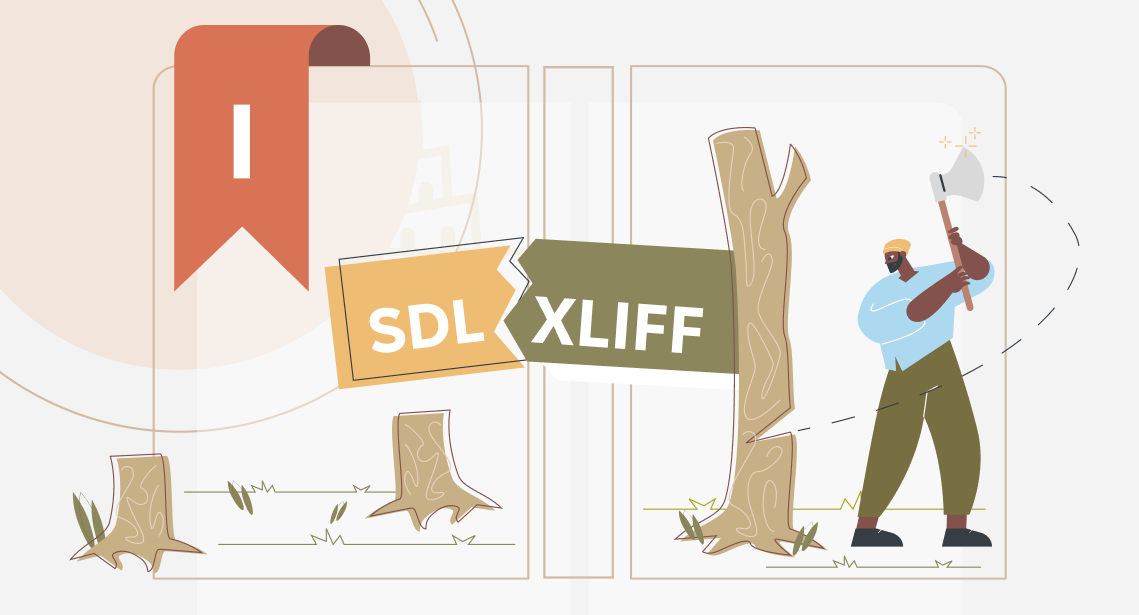A Tragedy About Cutting SDLXLIFF Files, Part One

Bad luck and a too lucky enemy
A case from practice. We have received a project in Trados Studio. The file is only one, but huge, and the deadline is close. We were forced to cut it into pieces and assign them to different translators. It is not nice, but the client refuses to give more time, there is no other way.
We cut the file with SDL Split/Merge. It generates a pack of numbered SDLXLIFF files with horrendous names. But when we try to open them, an error pops up:

SDL knowledge base contains an article about removing this error, but the issue persists. And the deadline is getting closer.
What should we do? We try to open them in another CAT tool. The first one we use, memoQ, opens them easily and apologizes for not being able to provide a preview, but it’s nothing. The translation is then followed by a process of correct back transition to Trados Studio, which we can do.
Strictly speaking, Trados Studio is not to blame here: problematic files were created with a third-party application. However, it was expected to be able to handle its format. memoQ made the best of it somehow.




